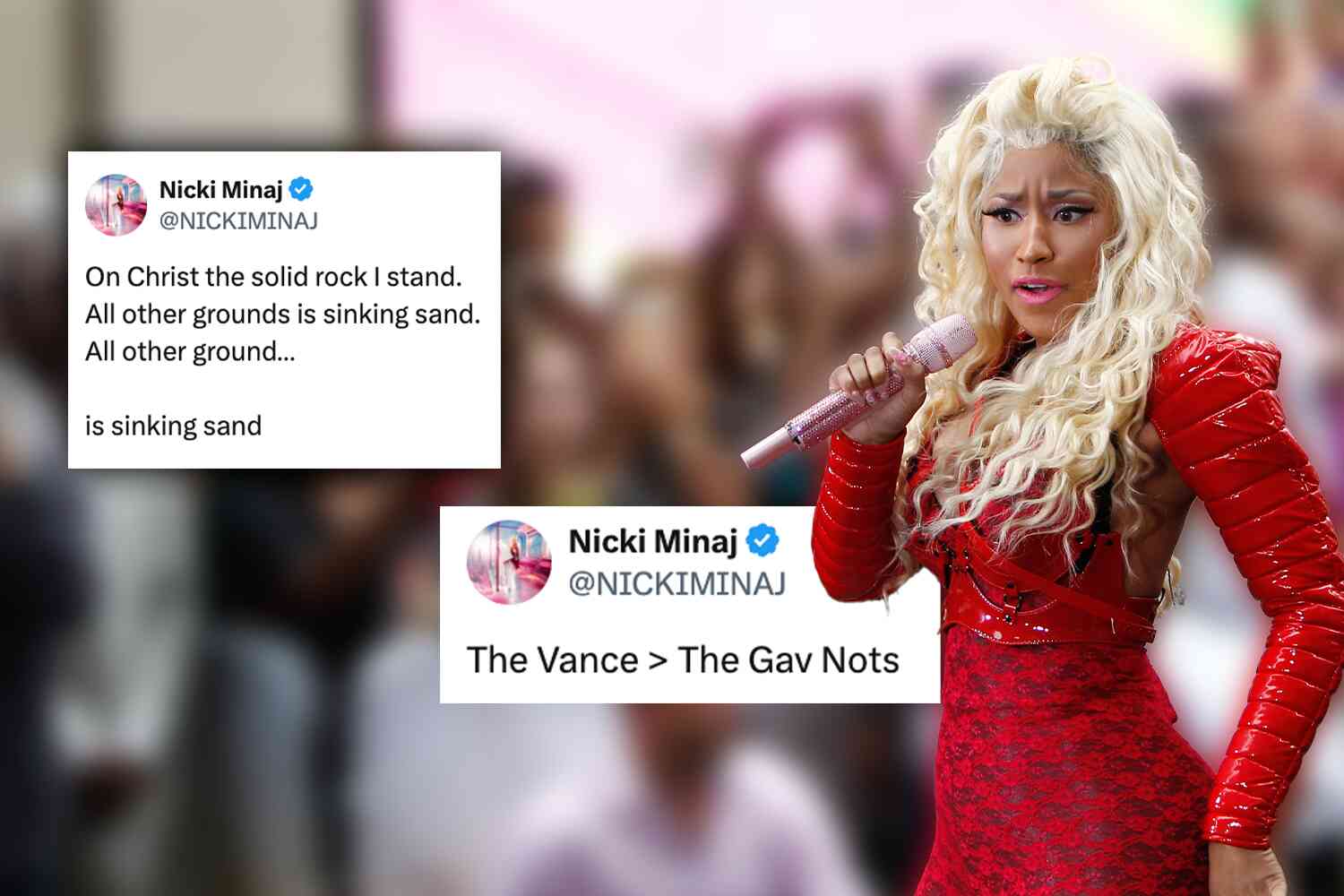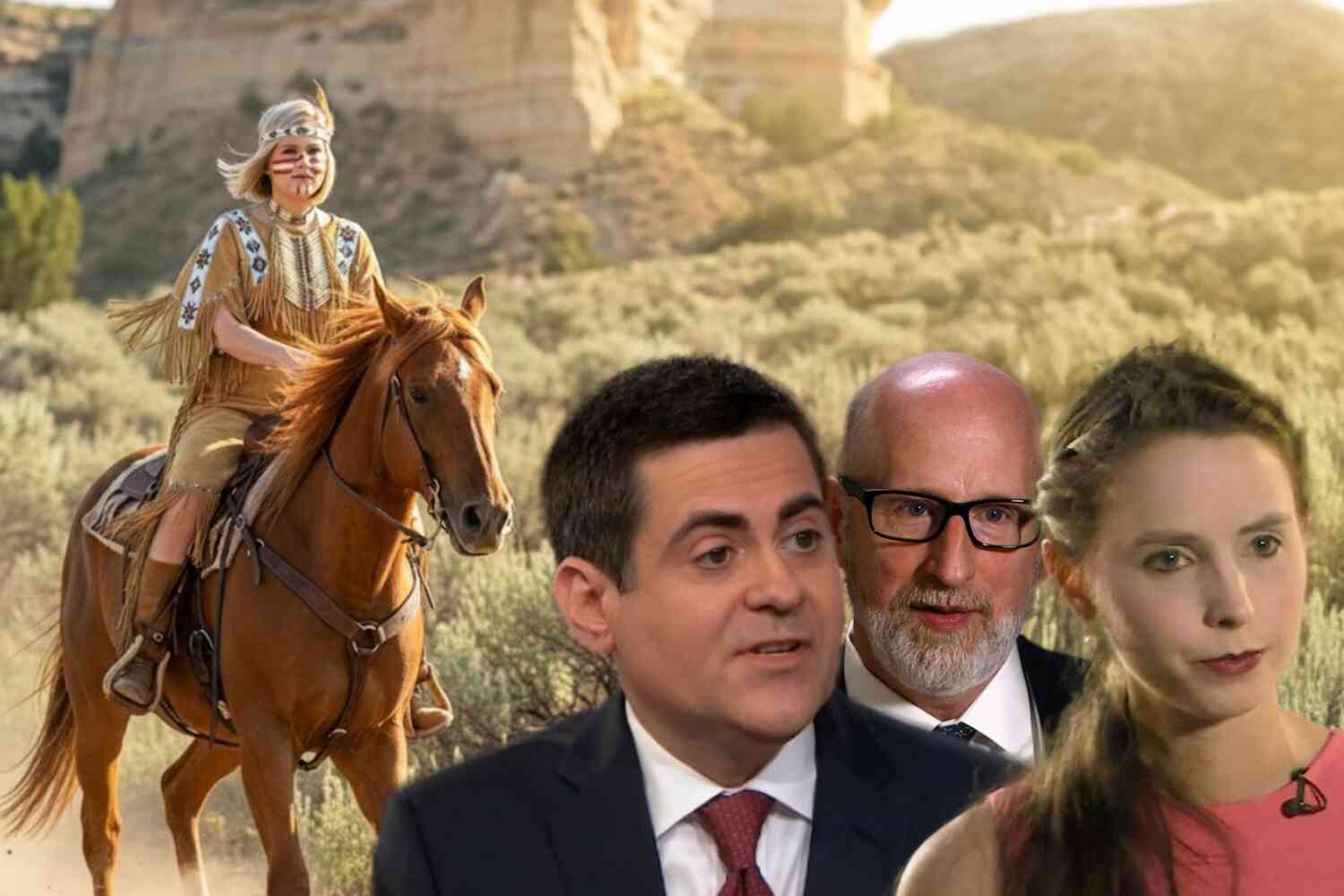If we have one problem in American society that would seem to be easily correctable, it would be our tendency to take ourselves way too seriously. Perpetually offended, constantly slighted, always feeling insulted. I'm not suggesting, of course, that there aren't legitimate grievances that people have. But I am suggesting that it is a rare trait for a person in contemporary culture to make the effort not to seek out an opportunity to be offended.
This is actually another area where Christianity offers a better path. For Christians, diminishing our pride is part of our devotion to Jesus. We, more than worldly man, recognize that we have nothing to boast of, nothing to take pride in, nothing in ourselves worthy of distinction and honor except for Christ living in us.
For the rest of society, however, it's different. Unsure of themselves, insecure in their misplaced, confused identity, the inability to laugh at their own quirks, eccentricities, and mannerisms has become epidemic. That's why I was heartened by the reaction to a recent viral meme that started as an attempt to shame and give white people a taste of their own medicine.
Here's the meme in question:
Now, the origin of this hilarious shirt actually dates back to 2016 and the indignant furor over "Chief Wahoo," mascot of the then-Cleveland Indians Major League Baseball team. ESPN's notorious race-baiting host (as if there is only one) Bomani Jones made an appearance on the morning program "Mike & Mike" wearing a replica Indians t-shirt, except one with Chief Wahoo being a blond, white guy, and the word "Caucasians" replacing "Indians."
Jones did it in an apparent effort to, I guess, shock white people into realizing the racism inherent in supporting a team nickname that corresponds to a racial identity.
"To have a problem with the logo of this would be to have a problem with the Indians," Jones said at the time. "But if you're quiet about the Indians but have something to say about my shirt, I think it's time for introspection."
Jones actually got what he wanted from his bosses at ESPN when they told him to cover up his shirt.
The agitating host giddily pointed to that demand as evidence that white people don't like people exploiting their racial identity but have no problem doing the same thing to others.
The shirt's designer, Brian Kirby of Shelf Life Clothing, felt vindicated as well:
"[I]t's more about making a point in a humorous way," the shirt maker said. "It's just holding up a mirror saying, ‘Hey, I'm wearing this and you're broadcasting Indians games with the same kind of imagery. Why is this a problem and that not a problem?' It's about flipping the image on it."
I get the objective of Kirby's design and the intent of Jones' stunt. There's only one problem with it as far as I see – every Caucasian I know wasn't offended by it. In fact, they loved it. They found it hilarious. Sales for the t-shirt went through the roof. According to Forbes:
Within 24 hours of Jones wearing the shirt, Kirby estimates he made 2,000 additional sales. Shelf Life Clothing's website also crashed, because its hosting company couldn't handle the onslaught of traffic and subsequently dropped it as a client. As of Friday evening, the site was still not fully restored.
Kirby applauded himself, noting that he had "really struck a nerve," and thus "proved the point of the shirt."
I'm not so sure. Looking back at those sales all these years later, they seem to have gone predominantly to Caucasians who thought the whole thing was hysterical.
So much so that former libertarian presidential candidate Austin Peterson has revived the idea and is now selling that same Washington Redskins-style version of the shirt online:
The reaction has been extraordinary, with responding non-racist people across the color spectrum saying in near unanimity that far from finding it offensive, they would jump at the chance to cheer for an actual "Cleveland Caucasians" team and don their apparel.
It has always been perplexing to me the bizarre dissonance between cultural demands for full representation and the equally forceful demand for political correctness. We simultaneously require more references to native cultures and racial diversity while also removing all references to native cultures and various races.
And so much of that involves our inability to laugh at ourselves. Some of the most successful comedians are those who dare to note the odd eccentricities and unique differences between people groups and ethnicities. That's because those differences exist, we can find them endearing and funny, if we'd just be willing to let our guards down, love each other, and acknowledge our shared humanity matters so much more than all of it.
And I say all that as a member of the "fighting Caucasians" team.
Disclaimer: The opinions expressed in this article are those of the author and do not necessarily reflect the opinions of Not the Bee or any of its affiliates.









